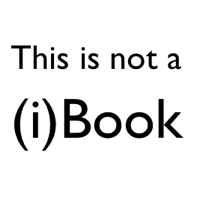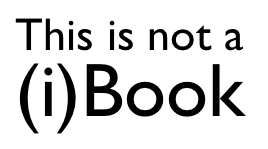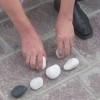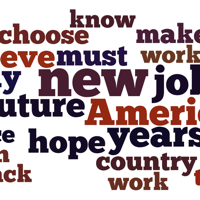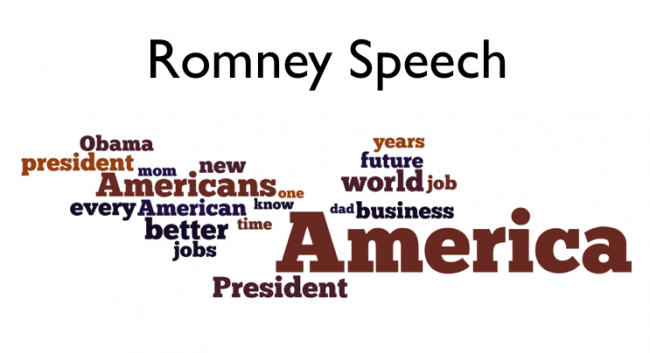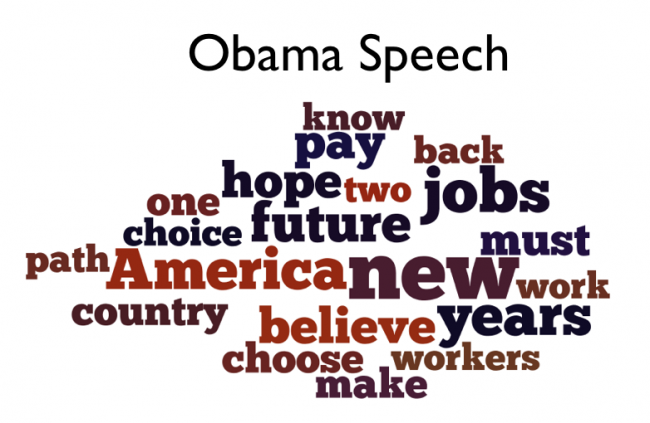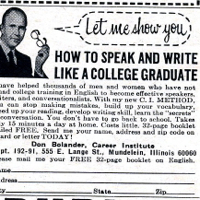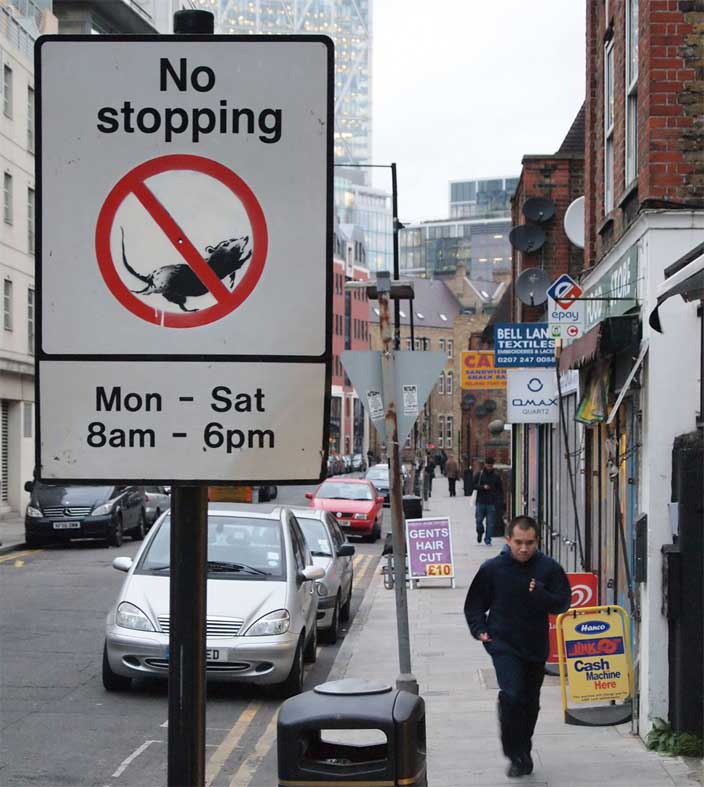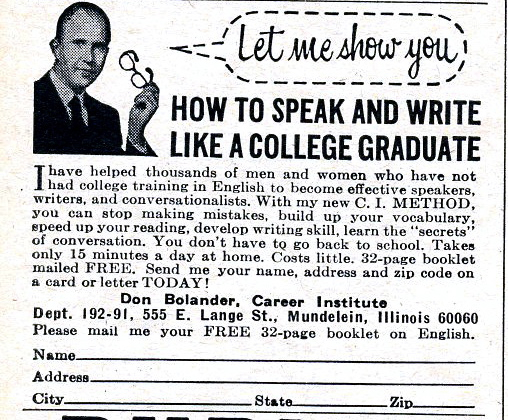
Question: What is Writing For?
Answer: Writing is for making assigned writing.
Students everywhere are asked repeatedly to write papers that are inherently insincere exercises in rearranging things they’ve read or been told…
That’s the response given by Verlyn Klinkenborg in his thoughtful NY Times essay Where Do Sentences Come From?
He writes, “What is writing for? The answers seem obvious — communication, persuasion, expression. But the real answer in most classrooms is this: writing is for making assigned writing. Throughout their education, students everywhere are asked repeatedly to write papers that are inherently insincere exercises in rearranging things they’ve read or been told — papers in which their only stake is a grade.”
Instead of being motivated by autonomy and choice, students are routinely assigned to write responses to prompts they have no interest in. The tacit audience for their work is the teacher, the purpose is a grade.
Over time students learn that the only information (or ideas) worth knowing are those that come from the teacher or the text. The lesson learned? Since student contributions won’t be tested – they’re not worth knowing. “Mr Pappas, will this be on the test?”
As Klinkenborg observes, [writing] “is harder than it seems because first you have to find a thought. They may seem scarce because nothing in your education has suggested that your thoughts are worth paying attention to. Again and again I see in students, no matter how sophisticated they are, a fear of the dark, cavernous place called the mind. They turn to it as though it were a mailbox. They take a quick peek, find it empty and walk away…. Sift the debris of a young writer’s education, and you find dreadful things — strictures, prohibitions, dos, don’ts, an unnatural and nearly neurotic obsession with style, argument and transition.”
Read Klinkenborg’s essay for some interesting prompts for activating the writer’s voice. I’ll offer three considerations for assigning and evaluating writing in the classroom. For an example click here.
- Let students make some choices about their writing.
- Let students write for a more authentic audience than the teacher.
- Use more peer evaluation and self reflection.
Worried that students won’t take more responsibility for their writing?
Don’t worry, that’s what they’ve been doing with their friends on Facebook.
Image credit: Flickr/Nesster
Like this:
Like Loading...
